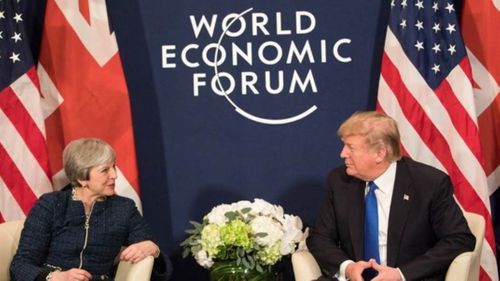Why The West Won't Inherit The Earth
Oct 23, 2023 · 2 mins read
0
Share

Thirty years since its publication, can we say that Samuel P. Huntington’s book The Clash of Civilizations foretold the future - or was it in hindsight a sophisticated, fearmongering rant? Let’s look at his arguments in more detail.
Save
Share
When the Cold War ended, it became obvious that the strongest differences between people were not ideological, political or economic, but cultural.
Save
Share
Fundamentally, humans define themselves according to language, history, tradition, and religion. The more globalized the world becomes, the more conscious people become of what makes them different.
Save
Share
Nation states are still the main actors in world affairs, Huntington says, but they are shaped by the world’s seven or eight world civilizations: Sinic (Chinese-Confucian); Japanese; Hindu; Islamic; Orthodox; Western; Latin American; and African.
Save
Share
The six powers that will dominate the 21st century, America, China, Europe, Japan, Russia and India, belong to five different civilizations. There are several Islamic states whose big populations, resource wealth and strategic importance make them influential in world affairs.
Save
Share
The most significant conflicts will not be between rich and poor, but between people identifying themselves as part of different civilizations eg. in Yugoslavia, Russia assisted the Serbs, while Saudi Arabia, Turkey and Iran helped the Bosnians - all because of cultural kinship.
Save
Share
“The dangerous clashes of the future are likely to arise from the interaction of Western arrogance, Islamic intolerance, and Sinic assertiveness.” – Samuel Huntington
Save
Share
While countries united by culture will come increasingly together (think East and West Germany, South and North Korea), those united by historical circumstance or ideology alone, yet with significant cultural differences, will come apart or fall under intense strain.
Save
Share
This happened with the Soviet Union, but we will also see it with Ukraine, Nigeria, Sudan, India, Sri Lanka and elsewhere. Since Huntington was writing, indeed, Sudan has split into two, and Ukraine seems to be dividing into European and Russian spheres.
Save
Share
0
